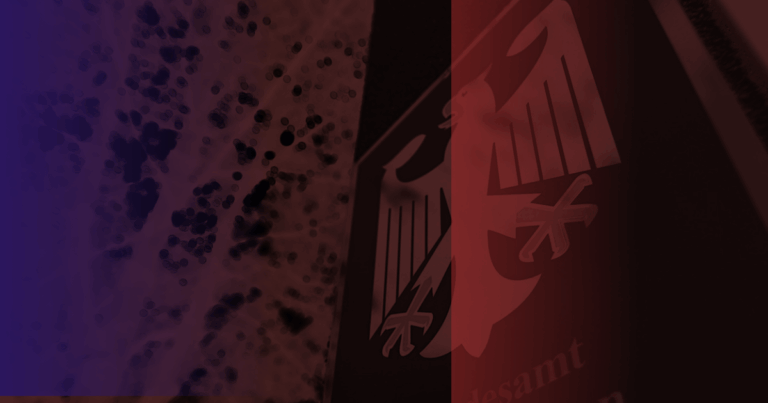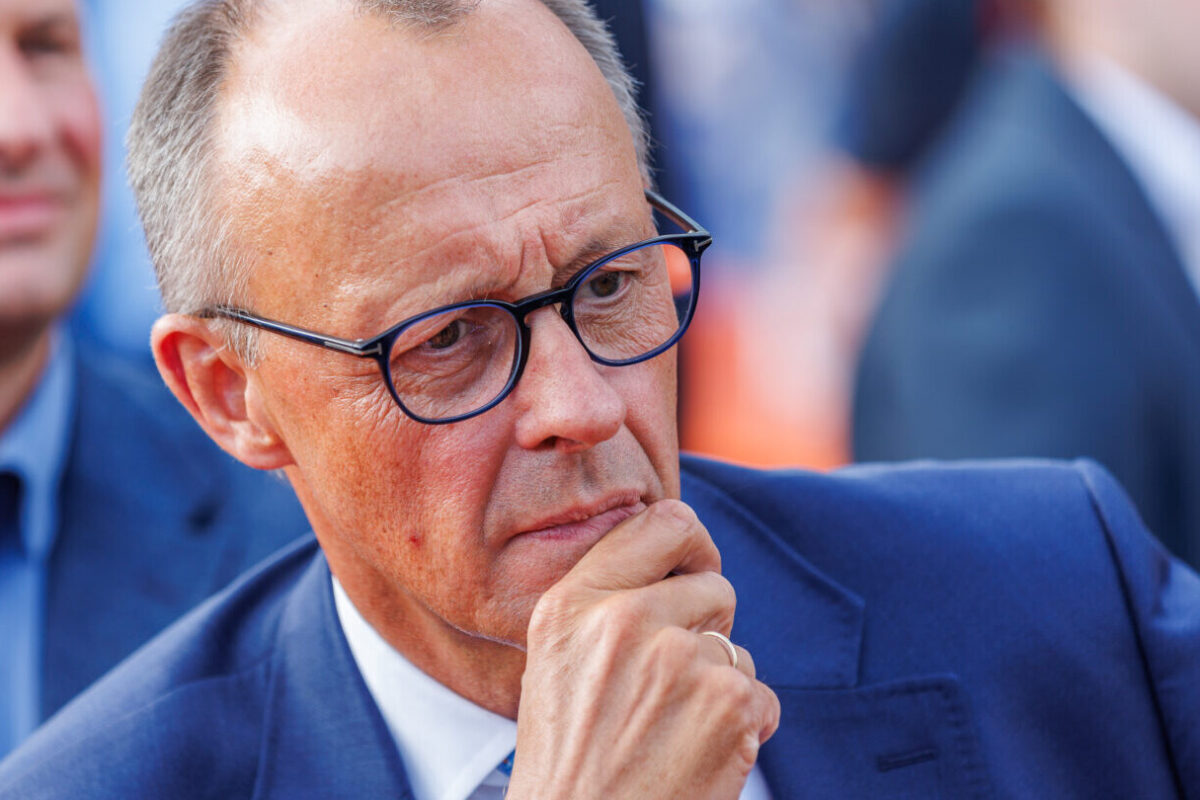NEWS FROM BERLIN
Up with the rents!
Because of inflation, Germany’s largest housing company Vonovia has announced housing prices will now have to rise as well. And, as a tenant, one must be able to put up with that. People are ranting and raving against the landlords. What could be done? Well, there was a referendum to expropriate the big housing corporations. But then there is Franziska Giffey as mayor of Berlin – an inconsistency, but she cannot be blamed for not implementing the referendum. The renting population should come to terms with the circumstances. It is the only dignified way. Source: nd.
NEWS FROM GERMANY
More minimum wage, more mini-jobs
On Friday, the Bundestag decided to raise the statutory minimum wage to twelve euros per hour as of 1 October. For six million people, this is “possibly the biggest wage jump in their lives”, said Labour Minister Hubertus Heil (SPD). This is actually an expansion of precarious, unsecured employment. Mini-jobbers have neither protection against dismissal nor entitlement to sickness, unemployment or short-time working benefits. Pension insurance is optional. “A sure ticket to poverty in old age,” said Anja Piel from the DGB executive board on Friday. “It hits women, mostly.” Source: jW.
A different approach to transport – the 9-Euro-Ticket
The 9-Euro-Ticket is “a huge opportunity: never has travelling by train been so cheap”. The local transport ticket is “a real hit”; seven million have already been sold and counting. These were the words of Transport Minister Volker Wissing (FDP) and the Federal Government Commissioner for Rail Transport, Michael Theurer (FDP). But that is all that can be said positive about the 9-Euro-Ticket. Criticism of the concrete form of this promotion outweighs the positive. The balance sheet in September will certainly show the system deficiencies, and the problems are already evident. Source: nd.
Republic with brown stains
Even 77 years after the end of the Second World War, there can be no conclusion to the Nazi era. That is why it is justified that the criminals of that time continue to be brought to justice. Currently, a former secretary from the Stutthof concentration camp and a former SS guard from the Sachsenhausen concentration camp are being tried. Of course, one cannot expect much from these trials. Nevertheless, such trials are of great symbolic importance for the victims. They bring to the public’s attention former perpetrators were able to live unchallenged in the Federal Republic for a long time. A Republic with brown stains. Source: nd.
Municipalities demand permanently cheaper local transport services
German municipalities are already demanding for permanent cheaper tickets for public transport. “We don’t need a short public transport during the summer, but a nationwide public transport country,” stated Gerd Landsberg, chief executive of the Association of Towns and Municipalities. The Federation of German Consumer Organisations (vzbv) also called for “consistently low ticket prices” to strengthen local public transport and retain passengers. SPD transport expert Dorothee Martin also mentioned it was clear “we need more money for public transport in the long term”. However, economists such as Veronika Grimm are cautious about a comprehensive cheap ticket. Source: Zeit.
Anti-Semitism report shows its regularity in Germany
Anti-Semitism is an everyday occurrence in Germany. In the context of the Ukraine war, anti-Semitic narratives have become normalised and can be connected to all social classes and political camps. This is the conclusion of the ninth situation report on anti-Semitism published by the Amadeu Antonio Foundation (AAS) on Wednesday. Moreover, anti-Semitism is a multi-layered phenomenon, which makes more difficult to combat it. In addition to more visibility for the different facets of anti-Semitism, the representatives of the AAS believe that a lot of creativity and, in the context of the war in Ukraine, especially Russian- and Ukrainian-language educational offers are needed. Source: taz.


